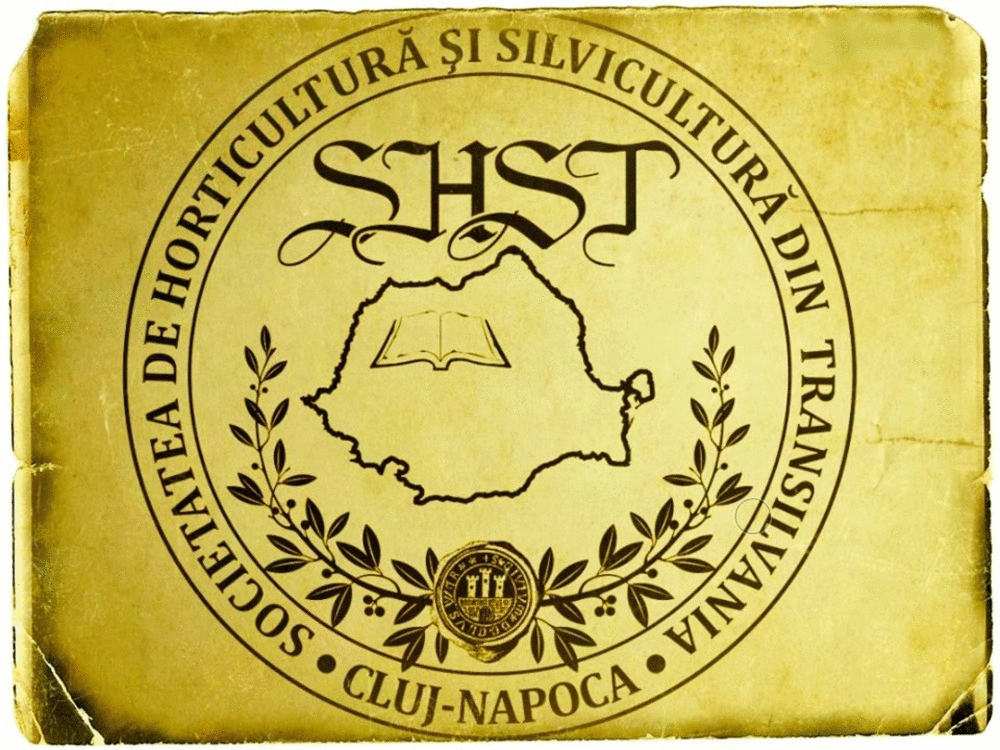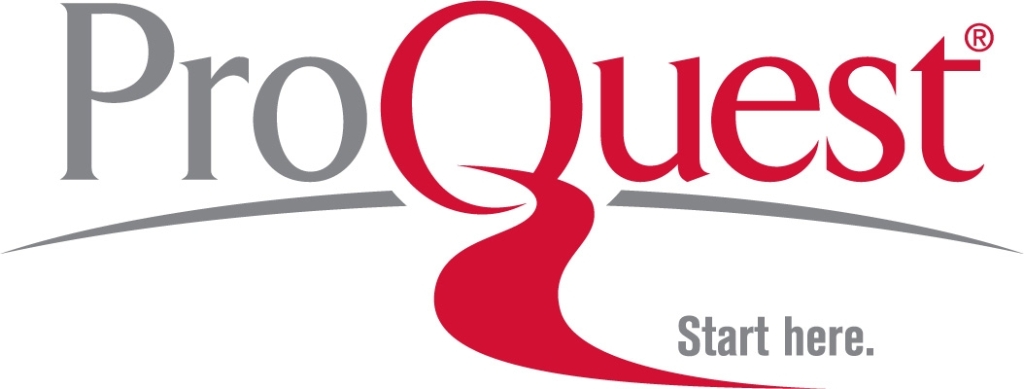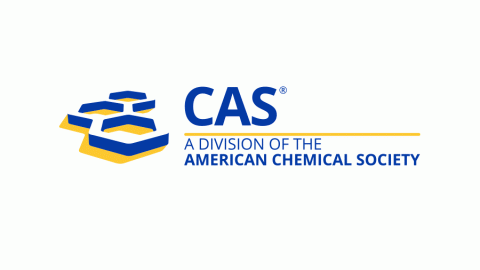Genes of Microorganisms: Paving Way to Tailor Next Generation Fungal Disease Resistant Crop Plants
DOI:
https://doi.org/10.15835/nsb346336Abstract
The automation of sequencing technologies, flooding in the knowledge of plant-pathogen interactions and advancements in bioinformatics provide tools leading to better knowledge not only of the genome of plant pathogens or microorganism beneficial to plants but also of ways of incorporating genes from microbes into plants as microbial-derived resistance. The identification of various microorganism genes playing key role during pathogensis and the dissection of the signal transduction components of the hypersensitive response and systemic acquired resistance pathways have greatly increased the diversity of options available for tailoring fungus resistant crops. The genetically engineered plants carrying these genes showed spontaneous activation of different defense mechanisms, leading the plant in an elevated state of defense. This ‘defense mode’ greatly enhances the plant’s ability to quickly react to a pathogen invasion and more successfully overcome the infection. The aim of this review is to highlight the dynamic use of genes of microorganisms in enhancing crop tolernace towards fungal intruders by examining the most relevant research in this field.
Metrics
Downloads
Published
How to Cite
Issue
Section
License
Papers published in Notulae Scientia Biologicae are Open-Access, distributed under the terms and conditions of the Creative Commons Attribution License.
© Articles by the authors; licensee SMTCT, Cluj-Napoca, Romania. The journal allows the author(s) to hold the copyright/to retain publishing rights without restriction.
License:
Open Access Journal - the journal offers free, immediate, and unrestricted access to peer-reviewed research and scholarly work, due SMTCT supports to increase the visibility, accessibility and reputation of the researchers, regardless of geography and their budgets. Users are allowed to read, download, copy, distribute, print, search, or link to the full texts of the articles, or use them for any other lawful purpose, without asking prior permission from the publisher or the author.













.png)















